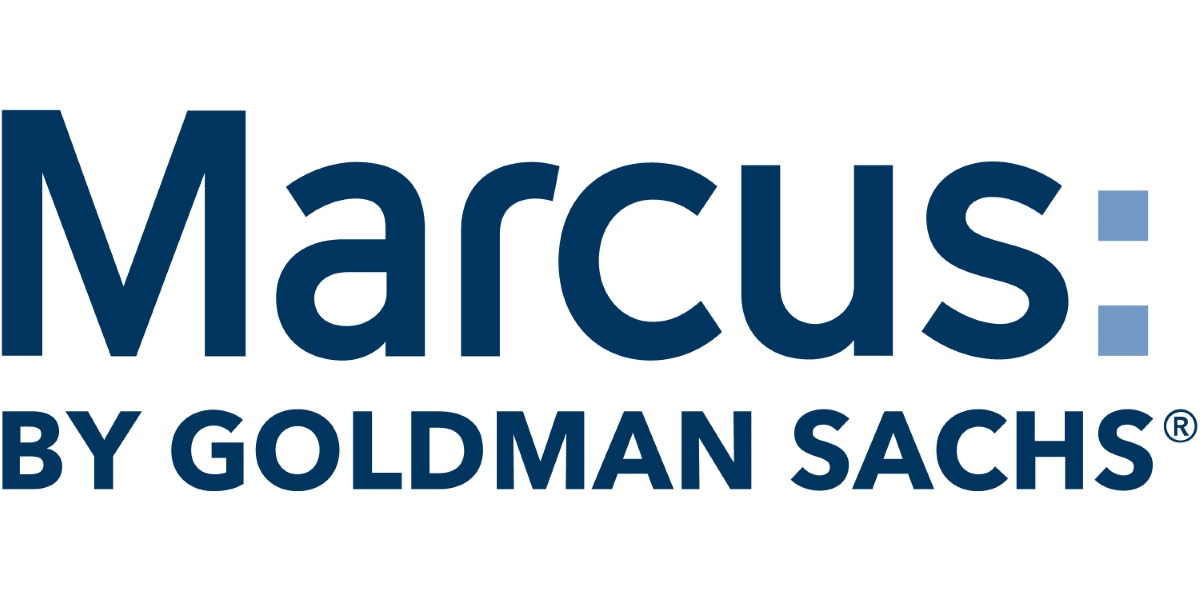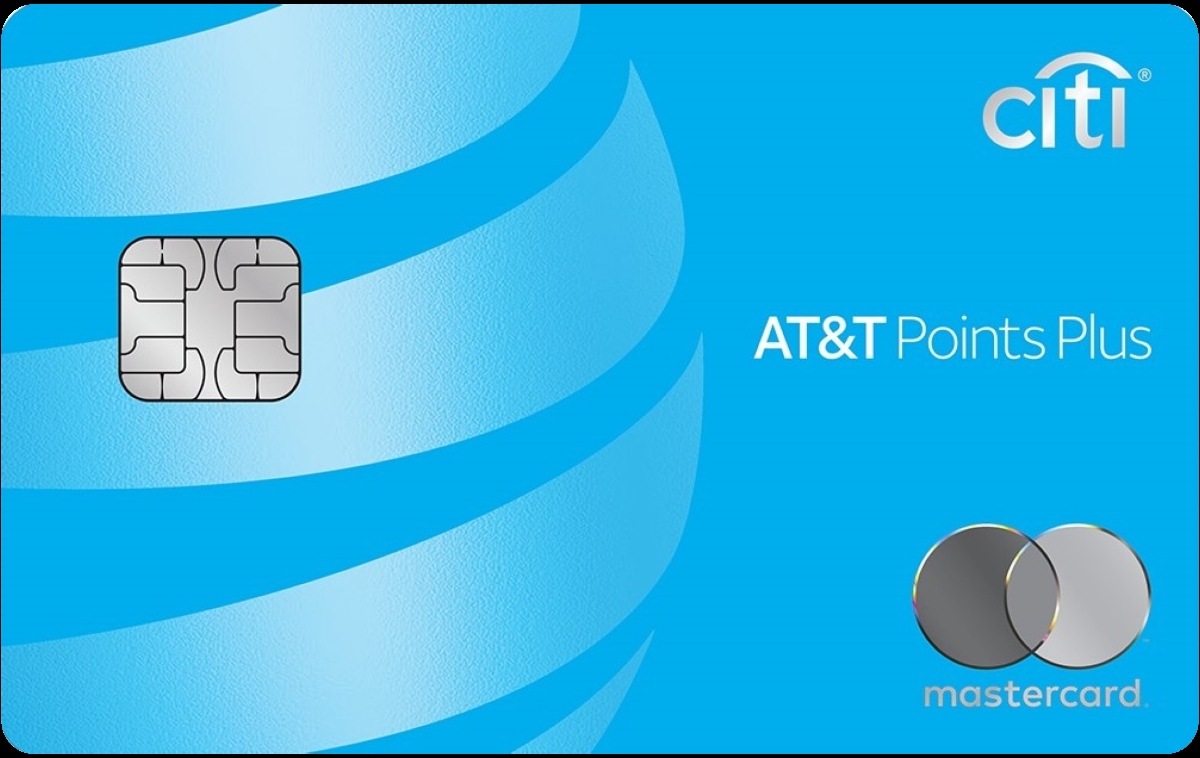Home>Finance>What Credit Bureau Does Marcus By Goldman Sachs Use


Finance
What Credit Bureau Does Marcus By Goldman Sachs Use
Published: January 6, 2024
Find out which credit bureau Marcus by Goldman Sachs uses for finance and credit reporting.
(Many of the links in this article redirect to a specific reviewed product. Your purchase of these products through affiliate links helps to generate commission for LiveWell, at no extra cost. Learn more)
Table of Contents
Introduction
Welcome to the world of personal finance! Managing your finances effectively is crucial for achieving your financial goals and securing a stable future. Whether you are looking to make a major purchase or seeking financial assistance, understanding your creditworthiness plays a critical role. One excellent option for borrowers is Marcus by Goldman Sachs, a reputable financial institution offering personal loans and high-yield savings accounts.
In the lending industry, creditworthiness evaluation is a standard procedure followed by financial institutions. Lenders often rely on credit bureaus, institutions that collect and store financial information about individuals, to assess their creditworthiness. Knowing which credit bureau a lender uses can be helpful in managing your financial journey.
In this article, we will dive into the world of Marcus by Goldman Sachs and explore the question of which credit bureau they use for their lending decisions. Additionally, we will discuss the importance of credit bureaus in lending, factors considered by Marcus in credit assessment, and the benefits of Marcus using a specific credit bureau.
So, let’s unravel the mystery and shed light on what credit bureau Marcus by Goldman Sachs uses in their lending process!
Understanding Marcus by Goldman Sachs
Marcus by Goldman Sachs is an online platform that offers a wide range of financial products and services, including personal loans and high-yield savings accounts. It was launched in 2016 with the aim of providing customers with a transparent, customer-centric approach to finance.
As a subsidiary of Goldman Sachs, one of the world’s leading investment banks, Marcus leverages its parent company’s extensive experience and expertise to deliver reliable and innovative financial solutions. The platform prides itself on simplicity, competitive interest rates, and exceptional customer service.
One of Marcus’s flagship offerings is personal loans. These loans are unsecured, meaning they do not require collateral. Marcus provides its customers with the flexibility to use personal loans for a variety of purposes, such as debt consolidation, home improvement, or major life events.
In addition to personal loans, Marcus offers high-yield savings accounts. These accounts provide a safe place for customers to grow their savings with competitive interest rates. With Marcus, customers can benefit from no fees, no minimum deposit requirements, and the convenience of online account management.
Overall, Marcus by Goldman Sachs aims to empower individuals to take control of their financial lives by providing them with accessible and affordable financial products. With its commitment to transparency, superior customer service, and competitive offerings, Marcus has earned a solid reputation as a trusted financial partner for many borrowers.
Importance of Credit Bureaus in Lending
Credit bureaus play a crucial role in the lending industry by providing financial institutions with valuable information to assess the creditworthiness of borrowers. These bureaus collect and compile data from various sources, such as lenders, credit card companies, and public records, to create comprehensive credit reports for individuals.
When you apply for a loan, the lender will request your credit report from one or more credit bureaus to evaluate your creditworthiness. The information provided in your credit report helps the lender determine the likelihood of you repaying the loan on time. This assessment is essential for lenders to manage risk effectively.
The credit report includes details about your credit history, such as your payment history, outstanding debts, and credit utilization. It also includes information about any previous bankruptcies, liens, or other negative financial events. Lenders analyze these details to understand your financial behavior and make informed decisions regarding your creditworthiness.
The importance of credit bureaus in lending can be summarized in the following points:
- Assessing Credit Risk: Credit bureaus provide lenders with an objective evaluation of your credit risk based on your credit history. This helps lenders determine the likelihood of receiving timely payments and reduces their exposure to potential defaults.
- Setting Interest Rates: Your creditworthiness, as assessed by credit bureaus, influences the interest rate you are offered. Borrowers with good credit scores typically qualify for lower interest rates, saving them money over the life of the loan.
- Promoting Responsible Borrowing: By creating credit reports, credit bureaus encourage responsible borrowing behavior. Knowing that their financial behavior is being tracked and evaluated, individuals are incentivized to maintain good credit practices.
- Promoting Fairness and Transparency: Credit bureaus ensure fairness and transparency in the lending process. All lenders have access to the same credit information, allowing for consistent and objective assessments of borrowers.
- Identifying Identity Theft: Credit bureaus keep a record of your credit activity, making it easier to detect any unauthorized or fraudulent use of your personal information.
Overall, credit bureaus play a vital role in providing lenders with reliable and comprehensive information to assess borrowers’ creditworthiness. By leveraging credit reports, lenders can make informed lending decisions while promoting responsible borrowing practices.
Which Credit Bureau Does Marcus by Goldman Sachs Use?
While the specific credit bureau Marcus by Goldman Sachs uses for its lending decisions may vary, it is commonly known that they rely on multiple credit bureaus to evaluate borrowers’ creditworthiness. The three major credit bureaus that Marcus likely works with are Equifax, Experian, and TransUnion.
These credit bureaus gather and maintain extensive credit information on individuals, including their payment history, outstanding debts, and credit utilization. By reviewing data from multiple bureaus, Marcus can obtain a comprehensive picture of an individual’s creditworthiness and better assess their ability to repay a loan.
Using multiple credit bureaus helps lenders reduce the risk of relying solely on one bureau’s data, which may not provide a complete view of an individual’s credit history. Each bureau may have access to slightly different information, and discrepancies can sometimes occur between the data reported by different bureaus.
By obtaining credit information from multiple bureaus, Marcus can ensure a more accurate credit assessment, minimizing any potential discrepancies and providing borrowers with a fair evaluation.
It’s important to note that the credit bureau(s) used by Marcus may vary depending on factors such as regional differences and specific loan products. Therefore, it’s always beneficial for borrowers to review and understand their credit reports from all three major credit bureaus to ensure accuracy and take any necessary steps to improve their creditworthiness.
If you are considering applying for a loan with Marcus by Goldman Sachs, it’s advisable to be proactive and obtain your credit reports from Equifax, Experian, and TransUnion. This will allow you to review your information, identify any potential errors or discrepancies, and take appropriate action to address them before applying for a loan.
Remember, maintaining a good credit history and demonstrating responsible financial behavior are key factors in improving your creditworthiness and increasing your chances of being approved for a loan.
Factors Considered by Marcus in Credit Assessment
When evaluating a borrower’s creditworthiness, Marcus by Goldman Sachs takes into account various factors to make an informed decision. While the exact criteria may vary, several key factors are typically considered:
- Credit Score: One of the most important factors is the borrower’s credit score, which provides a numerical representation of their creditworthiness. Marcus may consider both FICO credit scores and VantageScore, which are commonly used scoring models.
- Payment History: Marcus assesses the borrower’s payment history to determine their track record of making payments on time. A consistent history of on-time payments indicates responsible financial behavior.
- Debt-to-Income Ratio: Marcus considers the borrower’s debt-to-income ratio, which compares their total debt obligations to their income. A lower ratio indicates a borrower’s ability to manage their debts effectively.
- Employment and Income Stability: The borrower’s employment history and income stability are important factors. Marcus evaluates the length of employment and consistency of income to assess the borrower’s ability to repay the loan.
- Credit Utilization: Marcus looks at the borrower’s credit utilization, which measures the percentage of available credit being used. Maintaining a low credit utilization ratio demonstrates responsible borrowing and financial management.
- Length of Credit History: The length of the borrower’s credit history is also considered. A longer credit history provides a more reliable indication of creditworthiness compared to a shorter history.
- Public Records: Marcus looks for any negative public records, such as bankruptcy filings or tax liens, which may impact the borrower’s creditworthiness.
- Number of Recent Credit Inquiries: The number of recent credit inquiries made by the borrower may also be a factor. Multiple credit inquiries within a short period can suggest a higher risk of default.
It’s important to note that while these factors are typically considered, Marcus by Goldman Sachs may have its own proprietary credit assessment models that take into account additional variables. The weight assigned to each factor may also vary depending on the specific loan product and the borrower’s circumstances.
By considering these factors, Marcus aims to make fair and responsible lending decisions. It’s essential for borrowers to understand and actively manage these factors to improve their creditworthiness and increase their chances of securing a loan with favorable terms.
Benefits of Marcus Using a Specific Credit Bureau
The decision of which credit bureau to use in their lending process can have significant implications for both the financial institution and the borrower. When Marcus by Goldman Sachs selects a specific credit bureau to assist in their credit assessment, several benefits can arise:
- Comprehensive Credit Assessment: By utilizing a specific credit bureau, Marcus can access a comprehensive credit report that contains information from various lenders and financial institutions. This allows for a more thorough evaluation of a borrower’s creditworthiness, providing a more accurate representation of their financial history.
- Reduced Risk of Incomplete Information: Working with a specific credit bureau ensures that Marcus receives consistent and up-to-date information on a borrower’s credit history. This reduces the risk of missing out on critical details or incomplete data that could impact the lending decision.
- Efficient Lending Process: By aligning with a specific credit bureau, Marcus can streamline their lending process. They have access to a well-established system for retrieving credit reports and analyzing the information, enabling faster loan application processing and decision-making.
- Familiarity with Scoring Models: Different credit bureaus may utilize different scoring models, such as FICO or VantageScore. By partnering with a specific bureau, Marcus becomes familiar with the specific scoring model used, allowing them to interpret credit scores accurately and consistently across their lending operations.
- Consistency in Credit Assessment: Using a specific credit bureau promotes consistency and fairness in credit assessments. By relying on the same bureau’s data, Marcus ensures that borrowers are evaluated using the same criteria and standards, regardless of the geographical location or loan product.
- Cross-Verification of Credit Information: Selecting a specific credit bureau allows Marcus to cross-verify credit information across multiple bureaus. This can help identify any errors or discrepancies in the credit reports, enabling borrowers to rectify inaccuracies and potentially improve their creditworthiness.
It’s worth noting that the specific benefits may vary depending on the credit bureau chosen by Marcus. Additionally, borrowers also benefit from this selection as their creditworthiness is assessed based on standardized criteria, leading to fairer lending decisions and potentially more favorable loan terms.
Overall, Marcus’s careful selection of a specific credit bureau helps to ensure a comprehensive assessment of a borrower’s creditworthiness, reduce the risk of incomplete information, and maintain consistency in the lending process. By utilizing the expertise and resources of the chosen credit bureau, Marcus can make well-informed lending decisions in a more efficient and reliable manner.
Conclusion
Understanding the role of credit bureaus in the lending process is crucial for individuals seeking financial assistance. When it comes to Marcus by Goldman Sachs, while the specific credit bureaus they use may vary, they likely rely on Equifax, Experian, and TransUnion to evaluate borrowers’ creditworthiness.
These credit bureaus provide comprehensive credit reports that include information about payment history, outstanding debts, and credit utilization. By leveraging data from multiple bureaus, Marcus can obtain a more accurate assessment of a borrower’s creditworthiness and make informed lending decisions.
In evaluating borrowers, Marcus considers various factors such as credit score, payment history, debt-to-income ratio, employment stability, credit utilization, and more. This thorough analysis ensures fair and responsible lending practices.
The benefits of Marcus using a specific credit bureau include a comprehensive credit assessment, reduced risk of incomplete information, an efficient lending process, familiarity with scoring models, consistency in credit assessments, and the ability to cross-verify credit information.
Regardless of the credit bureau used, maintaining a good credit history and demonstrating responsible financial behavior are essential for improving creditworthiness and increasing the chances of loan approval with favorable terms.
As you navigate your financial journey, it is important to regularly review your credit reports from all major credit bureaus, identify any errors or discrepancies, and take necessary actions to rectify them. This proactive approach can positively impact your creditworthiness and financial well-being.
In conclusion, Marcus by Goldman Sachs relies on credit bureaus to assess borrowers’ creditworthiness, and the specific credit bureau used may vary. By considering multiple factors and leveraging credit reports, Marcus aims to provide borrowers with transparent and responsible financial solutions. So take control of your financial future, make informed decisions, and strive for a strong credit profile!














